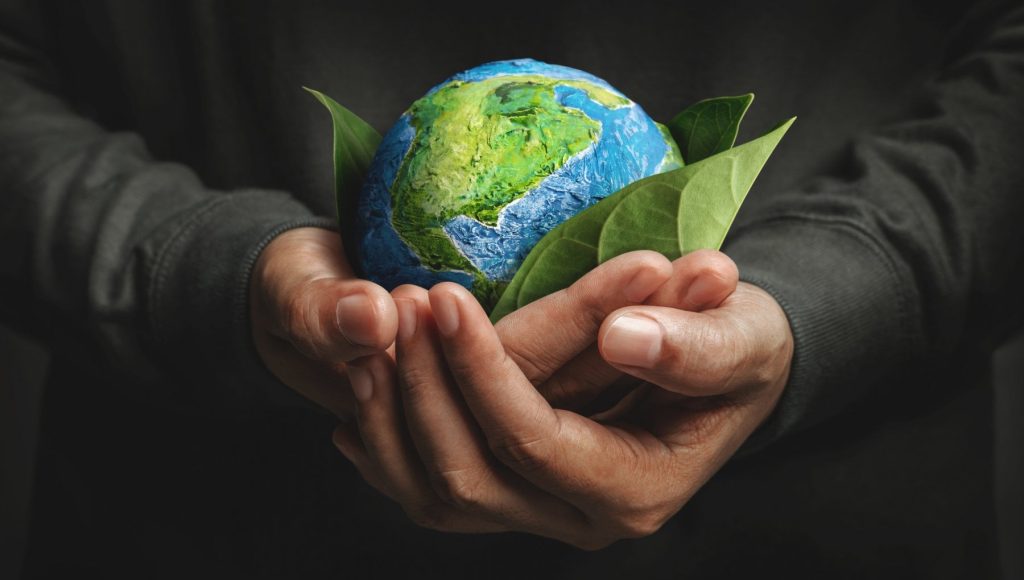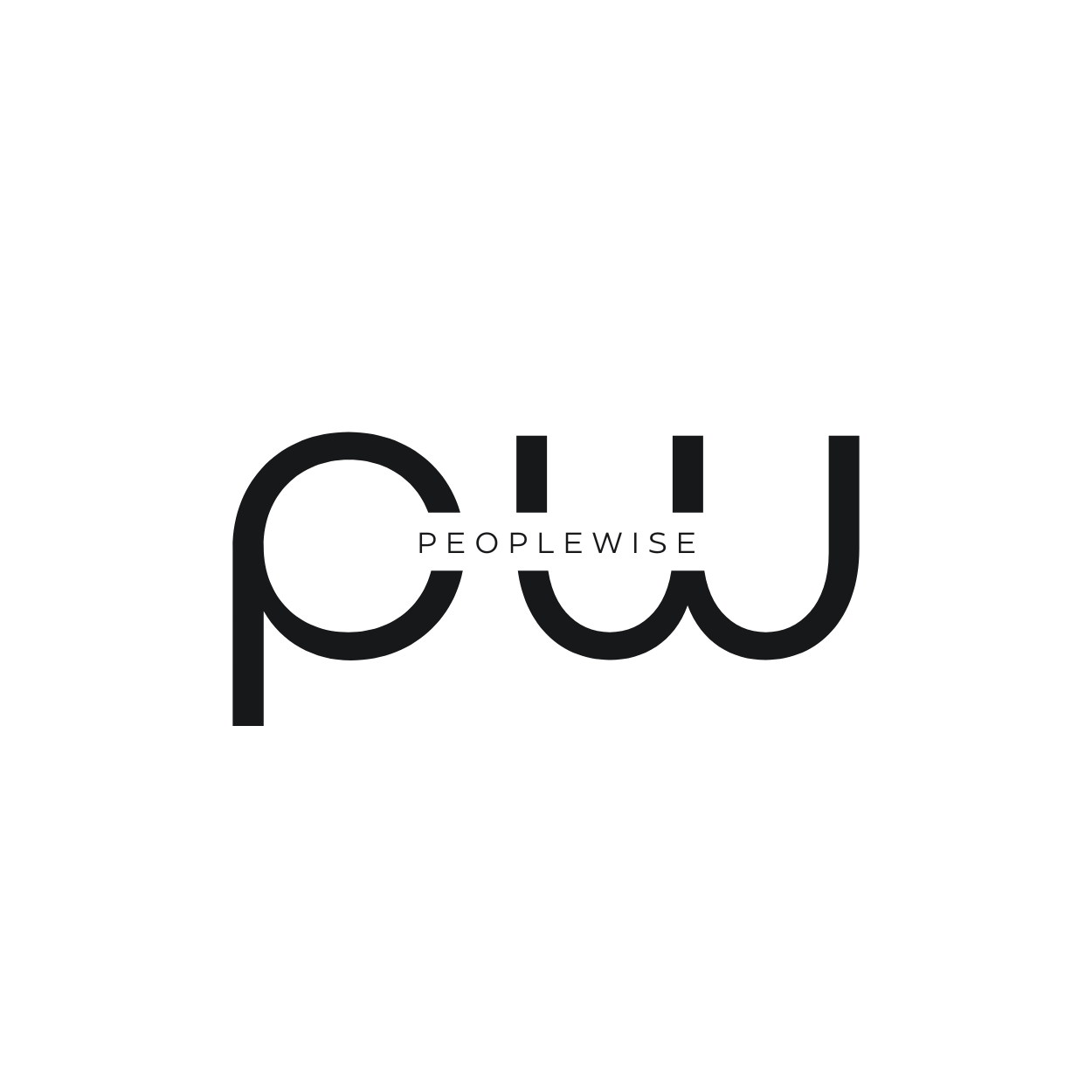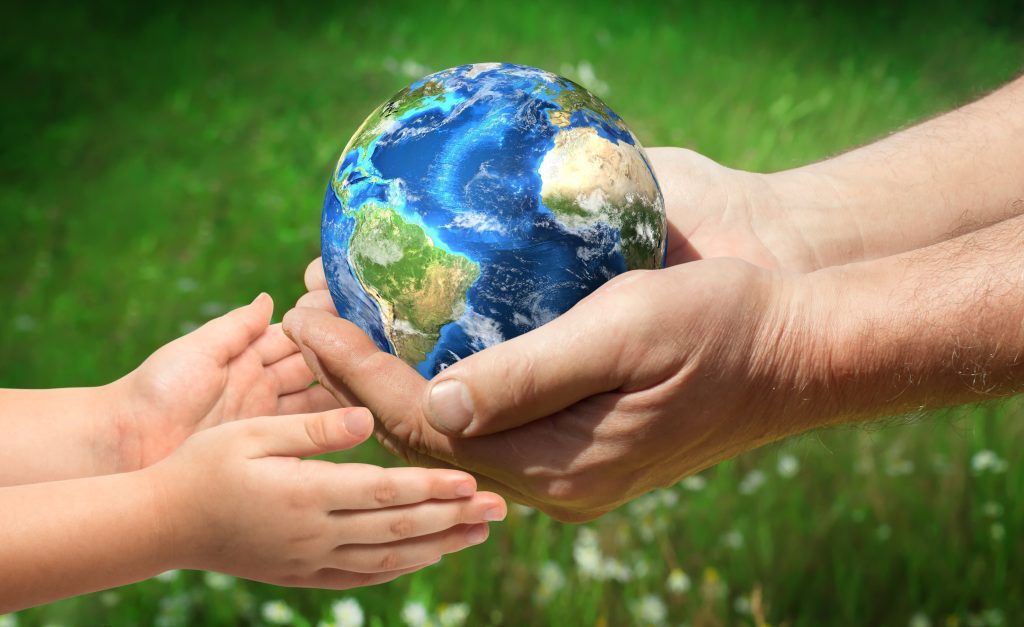Every April 22nd, millions around the globe take a moment for Earth Day. But this day is more than just a date on the calendar or a single event; it’s a yearly reminder of an important and often forgotten truth: we live in a closely connected world. The lasting message of Earth Day isn’t just about planting trees or using recycling bins – it’s about recognizing the complex links that tie our own lives, our communities, and our future directly to the health and life of our planet.
Our Fundamental Dependence on Natural Systems
At the most basic level, this connection is clear. We depend completely on the Earth’s natural systems for the things we need to survive. The air we breathe, the water we drink, the soil that grows our food – these are not things we create, but gifts from a working natural system. Healthy forests, still found in parts of the Central Highlands despite ongoing pressures, help regulate the climate and provide oxygen. Healthy oceans and coastal areas support vital fishing communities along Vietnam’s extensive 3,260-kilometer coastline. Our country’s rich natural variety, ranking it among the top 16 most biodiverse countries globally with potentially tens of thousands of species, provides countless unseen benefits, from potential medicines to the very stability of ecosystems that support agriculture and protect against disasters. Our well-being is strongly linked to the well-being of these natural systems.

Human Activities and The Environmental Repercussions on Vietnam’s Climate
However, the connection works both ways, as our actions, individually and collectively, have a direct and often large effect on the environment. The choices we make about consumption, energy use, waste disposal, and land use spread outwards, affecting nature near and far. We see this quite starkly when major cities like Hanoi and Ho Chi Minh City frequently contended with hazardous air quality in late 2024 and early 2025, with Air Quality Index (AQI) readings often soaring above 150 or even 200, sometimes ranking among the top 5 or 10 most polluted cities globally. This pollution stems from a mix of traffic, industry, construction, and agricultural burning that directly impacts our daily life.
Alongside visible air pollution, less obvious issues like plastic waste present a growing challenge. With estimates suggesting Vietnam generates over 3 million tons of plastic waste annually, and potentially contributes hundreds of thousands of tons to ocean plastic pollution each year, the issue prompted the government to implement new producer responsibility rules starting in 2024. Furthermore, our collective global actions contribute to climate change, making the country, with its long coastline and low-lying deltas, particularly vulnerable. This threat manifests in predictions of more intense typhoons, severe regional droughts, and other alarming weather phenomena. Earth Day pushes us to accept this responsibility – our actions matter, and they have far-reaching consequences.

Most importantly, these environmental effects circle back to impact us directly. A damaged environment inevitably affects human health, economies and social peace. For instance, the persistent poor air quality frequently experienced in Vietnam’s urban centers, with PM2.5 fine particle levels often many times higher than WHO safety guidelines, is not merely an inconvenience; health experts continually warn it directly contributes to increased respiratory illnesses, cardiovascular problems, and potentially thousands of premature deaths annually. At the same time, environmental shifts directly threaten livelihoods. In the vital Mekong Delta, home to around 18 million people and responsible for over 50% of Vietnam’s rice production, the damaging combination of climate change impacts and upstream activities leads to severe saltwater intrusion, pushing sometimes 40-60 kilometers or more inland into freshwater rivers. This directly jeopardizes the freshwater essential for farming rice and fruits, impacting the food security and income of millions. Similarly, while our country aims to maintain forest cover around 42%, natural forest quality remains a concern. Deforestation, especially the conversion of natural forests to other uses in areas like the Central Highlands, degrades soil, reduces biodiversity, and can negatively impact local water availability, undermining the long-term prospects for communities dependent on those natural resources. Problems with nature aren’t separate from human problems; they are closely linked.
The Importance of Recognizing Our Role in the Ecosystem
Understanding this deep connection helps us see that putting effort into protecting the environment is also putting effort into public health, economic steadiness, and a fairer future for everyone. This is the main message that Earth Day brings into focus each year. It asks us to look beyond our own immediate needs and viewpoints and see the bigger picture: a shared planet where the future of people is tied to the future of the natural world. It calls for a change in awareness, moving from seeing ourselves as separate from nature to understanding ourselves as a key part of it.

From Awareness to Action: Building a Sustainable Future
By recognizing that a healthier planet leads to healthier people and stronger communities, we can grow a sense of shared care. This necessary care is visible both in large-scale national strategies and dedicated local initiatives. For example, our country is actively pursuing ambitious goals outlined in Power Development Plan 8, aiming for renewables to make up potentially 30-40% or more of the energy mix by 2030 and targeting net-zero emissions by 2050. This national direction is supported by updated regulations, such as the amended Electricity Law (effective 2025), designed to encourage these green transitions. Simultaneously, grassroots efforts make a tangible difference, seen in community-led projects piloting waste sorting or various youth groups energetically running recycling awareness campaigns reaching thousands of students.
As we observe the 55th anniversary of this celebration, let’s accept this understanding of being connected. Let it inspire us not just to join in yearly events, but to develop a daily awareness of how our choices affect the planet and, in the end, affect ourselves. Let’s work together towards a future that can last, where both people and the natural world can do well. The lasting message of Earth Day is a call to look after the complex connections that support us all.

PeopleWise Vietnam was founded with the mission of making positive impact on our community by improving the quality of labor, addressing workforce dynamics, and enhancing its effectiveness. During the initial phase of business, PeopleWise provided human resources consulting services, that align with each organization’s values and vision, driving business success.

